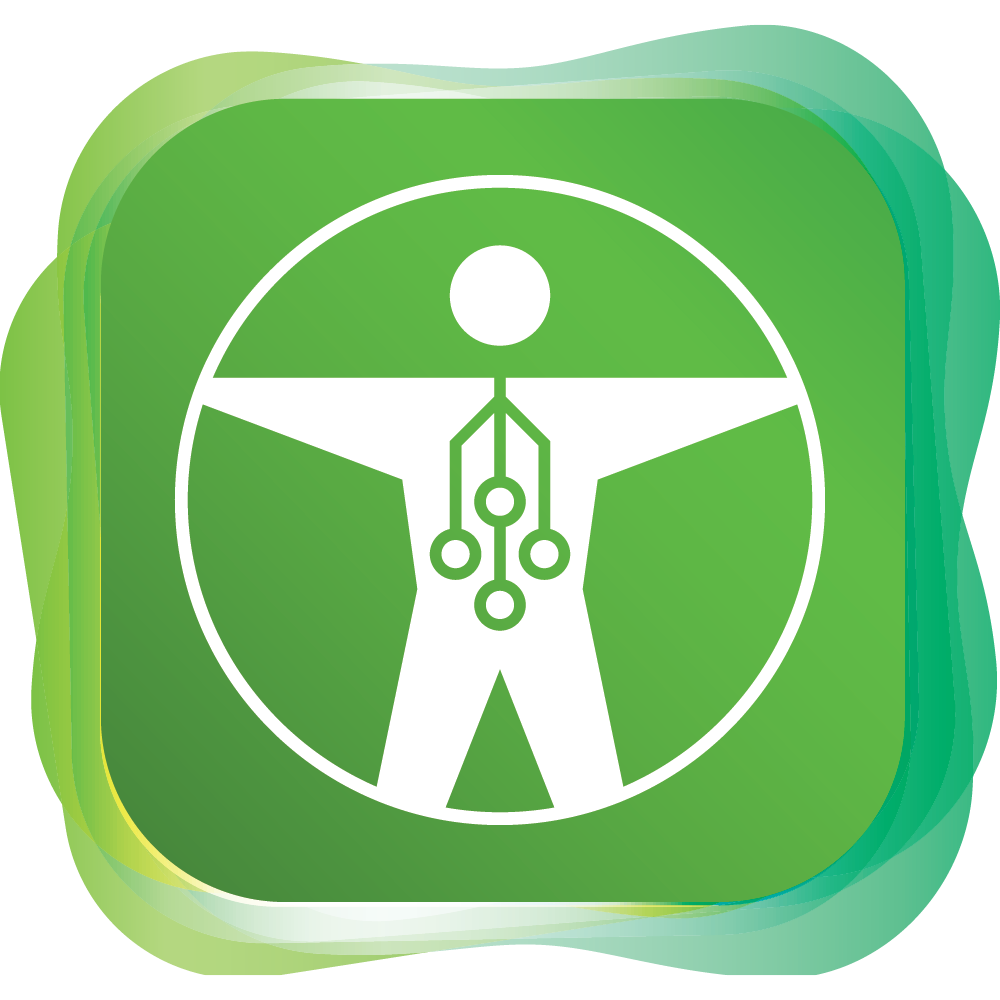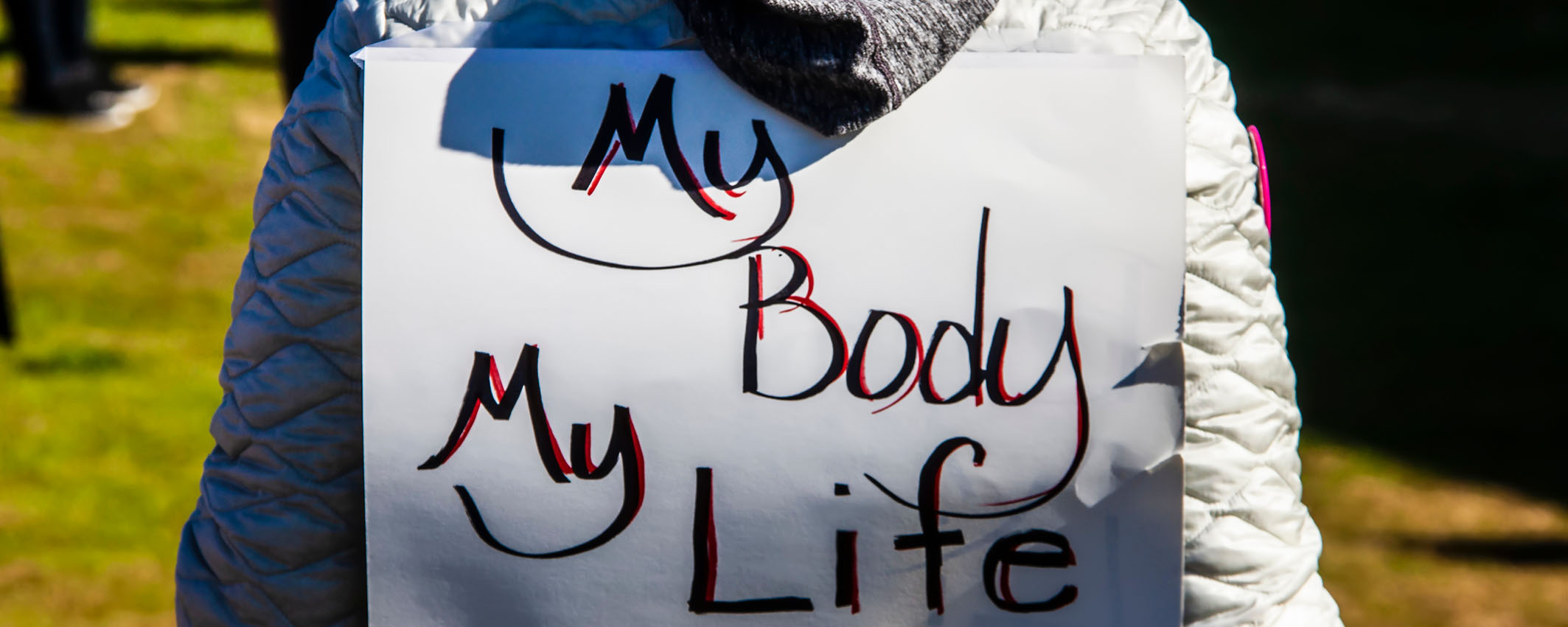 |
CCGL9064 Global IssuesBody Politics: Local Worlds, Global ProcessesThis course is under the thematic cluster(s) of:
|
[This is a certified Communication-intensive (CI) Course which meets all of the requirements endorsed by HKU’s Senate, including (i) the teaching assessment of written and visual communication ‘literacies’; and (ii) at least 40% of the course grade is assigned to communication-rich assessment tasks.]
Course Description
How do socioeconomic inequalities affect our bodies? In what ways do governments, corporations, and institutions regulate and control bodies and populations? How are new technologies transforming the ways in which we understand our bodies? How have relationships among mind, body, and society changed across cultures and historical periods? This course addresses these important questions by exploring how bodies are produced, portrayed, and contested in different times and places across the globe. We will challenge the preconception that bodies are natural and pregiven entities which exist outside of the forces of culture, politics, and history. We will use the body as a lens for exploring the intersections of local worlds and global processes, investigating how our daily lives are shaped by the forces of culture and power. Lectures and tutorials will draw upon diverse multimedia sources including movies, music, advertisements, exercise trackers, and participant observation. Creative assignments will empower students to reflect upon both their own and others’ embodied experiences, via blogging about individual bodily practices and collectively curating an exhibition on visual representations of bodies. For more information visit the course website: https://bodypolitics.hku.hk/.

Course Learning Outcomes
On completing the course, students will be able to:
- Identify and analyze the ways in which different kinds of bodies are made, controlled, consumed and portrayed in local, regional, and global contexts.
- Generate their own thoughts and arguments about issues around contemporary body politics, articulating these ideas both verbally and in writing.
- Connect their own embodied experience with global issues, gaining greater self-understanding of how their own embodiment is shaped by broader cultural processes and structures of power.
- Articulate how forms of embodied experience differ cross-culturally.
- Collaborate with peers to create multimedia exhibitions and communicate ideas both on- and off-line.
Offer Semester and Day of Teaching
First semester (Wed)
Study Load
| Activities | Number of hours |
| Lectures | 24 |
| Tutorials | 8 |
| Reading / Self-study | 36 |
| Group project | 20 |
| Assessment: Reading responses | 10 |
| Assessment: Blog participation | 12 |
| Assessment: Essay / Report writing | 12 |
| Total: | 122 |
Assessment: 100% coursework
| Assessment Tasks | Weighting |
| Lecture and tutorial participation | 20 |
| Individual mini-project | 40 |
| Group project and presentation | 40 |
Required Reading
- BBC. (2017). Girl Toys versus Boy Toys: The Experiment. BBC Stories. [Film]
- Bienstock, R. (2013). Tales from the Organ Trade. HBO. [Film]
- Bobel, C., & Kwan, S. (2019). Body Battlegrounds: Transgressions, Tensions, and Transformations. Vanderbilt University Press. [Selections]
- Foucault, M. (1977). Discipline and Punish: The Birth of the Prison (Trans. by A. Sheridan). Vintage Books. [Excerpt from “Panopticism”]
- Gravlee, C. (2009). How Race Becomes Biology: Embodiment of Social Inequality. American Journal of Physical Anthropology, 139(1), 47-57.
- Greenhalgh, S. (1994). Controlling Births and Bodies in Village China. American Ethnologist, 21(1), 3-30. [Article]
- Lai, F. (2018). Sexuality at Imagined Home: Same-Sex Desires among Indonesian Migrant Domestic Workers in Hong Kong. Sexualities, 21(56), 899-913.
- Martin, E. (1991). The Egg and the Sperm: How Science Has Constructed a Romance Based on Stereotypical Male-Female Roles. Signs, 16(3), 485-501. [Article]
- Oh, C. (2015). Queering Spectatorship in K-Pop: The Androgynous Male Dancing Body and Western Female Fandom. The Journal of Fandom Studies, 3(1), 59-78.
- Scheper-Hughes, N. (2014). Organ Trafficking: Exposing the Brutal Trade in Body Parts. Special issue for New Internationalist (May). [Article]
- Schüll, N. D. (2016). Your Quantified Body, Your Quantified Self. WNYC Studios. From https://www.wnycstudios.org/story/quantified-bodies [Podcast]
- Sontag, S. (2003). Regarding the Pain of Others. New York: Farrar, Straus and Giroux. [Book chapter]
Brief news articles on current events such as COVID-19, organ trafficking, pop culture, birth control, and racial discrimination in Hong Kong [To be announced]
Course Co-ordinator and Teacher(s)
| Course Co-ordinator | Contact |
| Dr P.P. Song Centre for the Humanities and Medicine, Faculty of Arts |
Tel: 3917 0030 Email: songp@hku.hk |
| Teacher(s) | Contact |
| Dr P.P. Song Centre for the Humanities and Medicine, Faculty of Arts |
Tel: 3917 0030 Email: songp@hku.hk |
| Dr A.M. Iskra Hong Kong Institute for Humanities and Social Sciences |
Tel: 3917 5007 Email: iskra@hku.hk |

